Blendtec’s big bet wasn’t a budget-busting ad campaign; it was a single camcorder pointed at a blender shredding golf balls.
In 2006 that $50 experiment, christened “Will It Blend?”, rewrote the rules of product demos, pushed the company onto The Tonight Show, and turned a $400 kitchen workhorse into the most talked-about appliance on YouTube.
📊 Snackable Stat — Six million views in five days
The first five “Will It Blend?” clips racked up 6 000 000 views inside a week—light-years faster than the 2006 YouTube average of 10 000 views for branded uploads. Those eyeballs weren’t just rubber-necking: they lifted Blendtec’s monthly web traffic 650 percent and tripled direct-to-consumer revenue before the company spent another dime on production.
Put bluntly, every thousand views earned back ≈$145 in blender sales—a return most Super Bowl ads still can’t match.
Learn AI in 5 minutes a day
What’s the secret to staying ahead of the curve in the world of AI? Information. Luckily, you can join 1,000,000+ early adopters reading The Rundown AI — the free newsletter that makes you smarter on AI with just a 5-minute read per day.

The $400 Blender Nobody Wanted
In the early 2000s, Blendtec was exactly the kind of company you’d never hear about at a dinner party.
They made blenders. Great ones, actually—industrial-strength beasts that could crush ice, pulverize grain, and survive a nuclear winter. But unless you ran a smoothie bar in Salt Lake City, you probably didn’t know the name.
And that was the problem.
Blendtec had engineering chops and an unbeatable product, but their sales were stuck. Competitors like Vitamix and KitchenAid had cornered the consumer market with brand recognition and massive ad budgets. Blendtec? They had a few trade show booths and not much else.
Their flagship model cost $400—a tough sell when no one trusted the brand. Traditional ads were out of reach. Retail partnerships were drying up. The company needed a breakthrough.
What they had instead… was a guy in a lab coat and a box of marbles.

⚽ Registas, Raumdeuters and Everyone Else

See the pitch like never before.
This is the football newsletter for players who think a step ahead—and fans who love the game beyond the scoreline. Four times a week, we scour the web for elite drills, sharp clips, and tactical pieces, one position at a time.
If you live for clever passes, clean tackles, or reflex saves, this one's for you.

Will It Blend? The $50 Masterclass in Viral Marketing
It started, as many legendary marketing moves do, by accident.
Tom Dickson, Blendtec’s CEO and resident blender whisperer, was running durability tests in the company’s workshop—shoving 2x2s, rocks, and handfuls of marbles into the blenders to see what they could survive.
The marketing director walked by and had a flash of inspiration: This is completely insane… and kind of amazing.
What if they filmed it?
So they grabbed a $50 prop budget, a lab coat for Tom, and a camcorder. The premise was simple: take everyday (and not-so-everyday) objects—golf balls, rakes, smartphones—and toss them into the blender. The segment was called Will It Blend? and it leaned into the absurdity.
Tom played the role of mad scientist with deadpan perfection. He spoke calmly about “testing” an iPhone as it was reduced to smoky dust. It was weird. It was captivating. And in 2006, it was perfect for this new thing called YouTube.
The videos weren’t just slapstick—each one delivered a subtle but powerful marketing message: If this blender can annihilate a glow stick, it can handle your kale smoothie.
And crucially, the team didn’t just upload and hope. They optimized video descriptions with calls-to-action, linked back to product pages, and embraced the rising wave of blogs and social media. Tech sites, gadget nerds, and curious viewers couldn’t stop sharing.
One iPhone later, Blendtec wasn’t just a blender company. It was internet-famous.
What happened next was something no ad agency pitch deck could’ve predicted.

How Blendtec Crushed the Competition (Literally)
The first Will It Blend? video went viral. Then the second. Then the third. Soon, it was a phenomenon.
Millions of people—many of whom had never even searched for a blender—were watching a mild-mannered engineer vaporize tech gadgets for fun. The series racked up over 290 million views and counting.
And here’s the kicker: those views converted.
Blendtec’s sales exploded by 738% in the wake of the campaign. Revenue shot up to around $56 million, turning a once-obscure brand into a category leader. Not bad for a blender company that spent less on a viral video than most brands spend on lunch.
The impact wasn’t just financial. Will It Blend? gave Blendtec an identity. They weren’t just a blender brand—they were the blender brand. Indestructible. Playful. Clever. Cult-worthy.
It also helped write the modern content marketing playbook. Before "virality" became a strategy and YouTube became a battleground for brands, Blendtec quietly demonstrated that great content + smart distribution = magic.
The product didn’t change. The brand story did. And with it, Blendtec turned the humble blender into a meme machine—and their competition into dust.

🍫 Power Numbers
$56,000,000 – Blendtec hit an estimated $56 million in annual revenue at its 2024 peak, showing how the once-niche brand has moved solidly into mid-market appliance territory.
694 – Headcount in 2024, implying a lean ≈ $80 k revenue-per-employee ratio for a hardware manufacturer.
295,489,862 – Lifetime views on Blendtec’s “Will It Blend?” channel as of 24 June 2025, keeping the campaign among YouTube’s longest-running branded hits.
6,000,000 – Views the very first five videos racked up in just five days—on a total production budget of roughly $50—illustrating a textbook low-cost viral launch.
300 mph – Tip speed of Blendtec’s blunt stainless-steel blade, fast enough to pulverise ice without needing razor-sharp edges.

🍭 More Sweet Reads
Diddy beat the biggest charges—but with his business empire in ruins, his reputation in tatters, and more lawsuits looming, the mogul who once built empires now faces the wreckage of his own legacy.
Intel may torch billions on 18A, but a pivot to 14A could be its last shot at clawing back relevance from TSMC—and winning over Apple and Nvidia.
Microsoft's all-in AI bet just cost nearly 9,000 workers their jobs—proof that chasing the future can still mean cutting deep in the present.
Trump’s latest trade deal with Vietnam hands U.S. exporters zero-tariff access—if it holds—while slapping steep tariffs on Vietnamese imports, rattling global supply chains and raising the stakes for multinationals betting on Southeast Asia.
They chased Made in the USA, but soaring costs and retailer pushback forced small businesses to keep manufacturing overseas—proof that for many entrepreneurs, the American dream still comes with a 'Made in China' tag.
Luckin Coffee just landed in New York with $2 lattes and fruit-filled brews—and if the buzz holds, Starbucks may have a serious price war brewing.

Interested in reaching our audience? You can sponsor our newsletter here.

